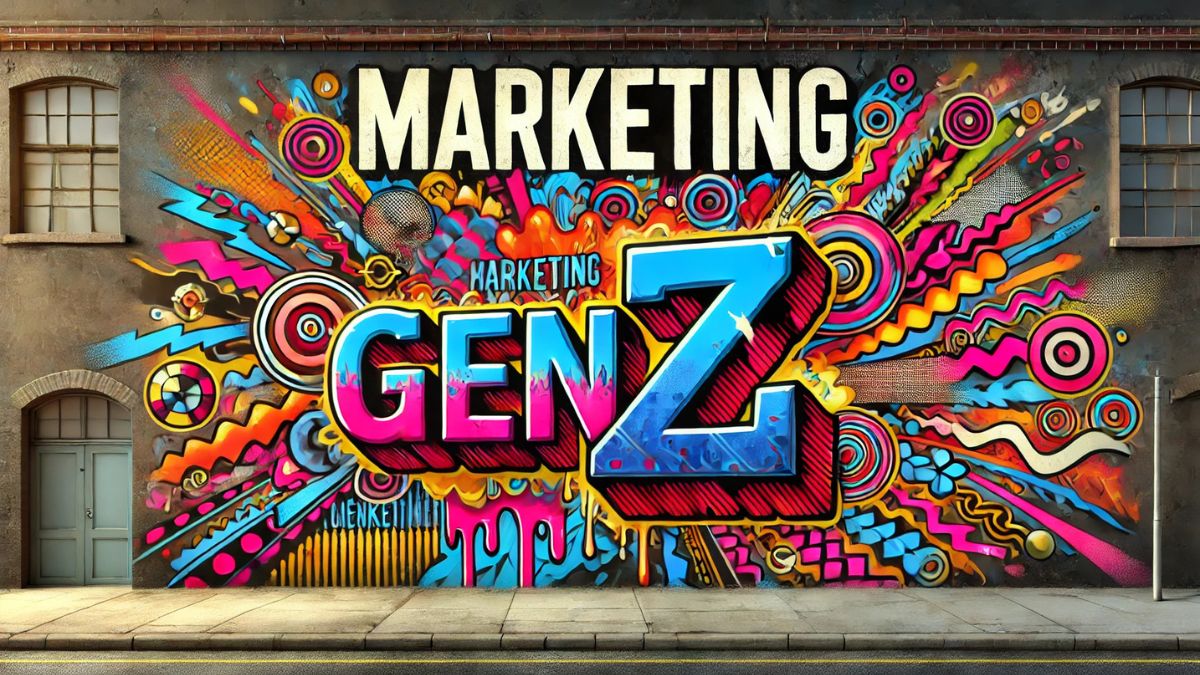
Generation Z is redefining the rules of the marketing game. The recent report by Statista, “Generation Z in the era of digital information”, provides an accurate snapshot of how this digital-native cohort searches for, processes, and responds to information. For brands, understanding these new dynamics is not optional—it’s urgent.
Below, we break down the key findings of the study and how they can be translated into effective marketing strategies to win over the most skeptical and demanding audience in today’s market.
ALSO READ. Why should marketing investment be constant? The high cost of cutting back
Where does the search for information begin? On social media, not on Google
According to the dossier, 46% of Gen Zers start their research on social media, while only 24% use traditional search engines like Google. This paradigm shift poses a major challenge for conventional SEO strategies.
Young people no longer wait for results ranked by old algorithms. They prefer recommendations from influencers, friends, and like-minded accounts, which radically transforms the conversion funnel: product discovery happens on TikTok, not in store windows or on Google’s first page.
READ ALSO. The marketing effectiveness equation according to Google
TikTok, YouTube, and Instagram: the new digital libraries
Generation Z uses each platform for a different purpose. On TikTok, for example:
- 40% look for gift ideas
- 40% search for makeup and hairstyle tips
- 38% explore recipes and food content
- 36% research fashion brands
Meanwhile, Google remains the preferred channel for topics like:
- Electronics (60%)
- Restaurants and bars (66%)
- Financial services (54%)
These insights suggest that marketing must adjust to search intent and product type, tailoring content to each platform and each stage of the customer journey.
ALSO READ. CFO vs. CMO: The disagreement that can kill your marketing budget
Trust as a pillar: why Gen Z prefers small businesses and influencers
The report is clear: Gen Z is the generation that trusts brands the least. Only 22% of young people in the U.S. say they trust brands, compared to 46% of baby boomers. Moreover, they prefer small businesses over large corporations, as they associate them with values like transparency, inclusion, and social commitment.
That’s why user-generated content (UGC), real testimonials, and storytelling rooted in authenticity are gaining strength. They’re not looking for advertising—they seek affinity. They’re not looking for aspirational brands—they want genuine ones.
READ ALSO. Top 10 Marketing Skills for 2025 (According to Global CMOs)
Price matters—but so do causes
Although Gen Zers have a low average household income (USD 50,000 per year), they are willing to spend more if a brand supports a relevant cause. Top priorities influencing their purchasing decisions include:
- Eco-friendly packaging (39%)
- Animal welfare (34%)
- Fair labor practices (31%)
- Social justice and diversity (27%)
This not only shapes communication campaigns, but also the value proposition and corporate ethics of brands. In short, purpose is no longer a bonus—it’s a baseline expectation.
READ ALSO. What tools do AI engineers use? A practical guide for curious marketers
AI, yes… but with human oversight
While the use of AI tools is growing among this generation, trust is not absolute. 53% use AI to search for information and 51% to generate ideas, but only 16% use it at work, and a significant number say AI-generated results should be reviewed by humans.
In addition, 76% believe the news of the future will be written by AI, although 71% think that’s a negative development. AI-generated campaigns can be well received, as long as there is transparent disclosure and a useful approach.
READ ALSO. Which social network is best for small accounts? The best algorithms for growing without paying
News and content: how to inform without overwhelming
The phenomenon of news fatigue also affects this generation. While 60% of Gen Zers consume news on social media, they are also the third most likely group to avoid it.
This means content must be:
- Brief, audiovisual, and easy to digest
- Adapted to the reader’s identity and environment
- Offer educational and emotional value
It’s not just about informing, but about connecting with their lifestyle and real concerns.
New rules for new generations
This Statista study confirms that the rules of marketing have changed profoundly, and Generation Z is leading that transformation. Key takeaways for brands seeking to adapt include:
- Prioritize visual content on social media
- Invest in influencers and authentic voices
- Align brand values with social causes
- Adopt AI with ethics, transparency, and human oversight
- Create content that is brief, useful, and emotionally resonant
In an environment where the algorithm is the new storefront, gaining Gen Z’s attention requires more than creativity—it requires empathy, technology, and principles.









